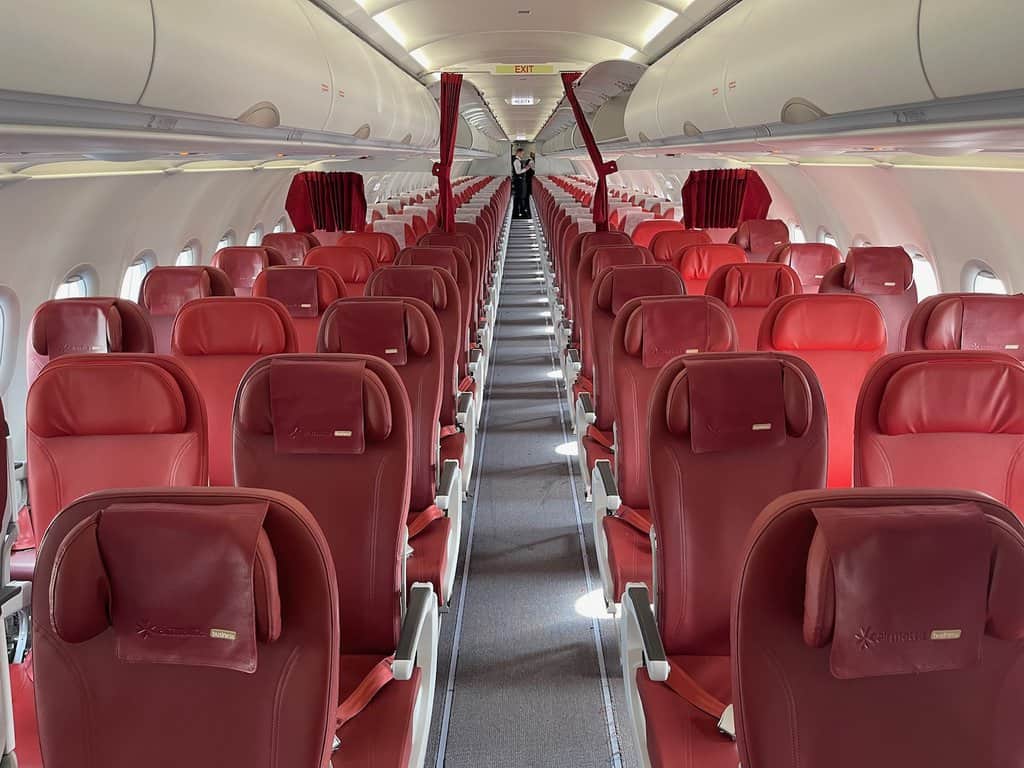
The law provides for the protection of workers’ rights in a transfer of business situation. Basically, what happens is that when there is a transfer of business, workers’ acquired rights are protected, such that there is an automatic switch over of employment (and the rights attendant thereon) from the “old” to the “new” employer.
If you want a cure from insomnia, you can read the law here.
The important point to be considered is this: will there be a transfer of business when KM Malta Airlines starts operations? Should they have been called “Phoenix Airlines”, do you think?
The question arises from the way the law defines “transfer” and tells us that protection triggers when there is a transfer of an undertaking which retains its identity as an organised group of resources having the objective of pursuing an economic activity.
You may ask why it even crossed my mind that this might be something that interests you even remotely.
Well, it was the use of the acronym (is that the right word?) “KM” in the name of our new national airline that triggered my writing this piece.
As someone who was associated, proudly, with Air Malta for quite a few years, I tend towards using “KM” as an abbreviation, like most everyone in the industry. The letters were the flight number designator, KM100 for example being the God-awful crack of dawn flight to LHR (just showing off, Heathrow).
It’s certainly not just that which got me thinking, though.
We have a situation, from what I can make out, that a new company, KM Malta Airlines, apparently wholly owned by the same material shareholder as Air Malta PLC, is pitching itself to achieving the same business objective, namely getting bums on seats to and from Malta.
I can’t be sure that KM Malta Airlines is owned by the same shareholder (i.e. our government) because I was unable to find it on the Malta Business Registry search function. That could be because the MBR is setting up a new website and my technological prowess is insufficient for the task. I can’t even tell you if it’s a “Ltd” or a “PLC” company, though that is hardly of earth-shattering relevance.
What is of relevance to the workers, however, who have been told that they must bid for their “old” jobs with the “new” airline, is whether the TUPE (that’s what the Brits call it) rules should apply to the circumstances.
Discussing this point amongst colleagues, many of us are perplexed. At first blush, this seems to be a classic ‘transfer of business’ scenario, with the owner of one company setting up another company to do the same business, because the first company was up the financial creek without a paddle.
The extent to which a private sector operator would be allowed to do this is, to put it mildly, more than slightly debatable.
From what I can recall from such public utterances as we’ve been able to digest, not much thought has been given to this question. It may well be that there hasn’t been a “transfer of an undertaking which retains its identity as an organised group of resources having the objective of pursuing an economic activity”.
Noises-off have been heard that there hasn’t been such a transfer, perhaps because Air Malta’s fleet hasn’t been transferred to KM Malta Airlines, for example.
But is this the case? I don’t know, there might have been a press-release in this sense, but I must have missed it.
And what about the slots into which KM Malta Airlines will be inserting its operations? In the dark recesses of my memory, there is a reference to these slots anyway having been sold, transferred, loaned, or otherwise disposed of to someone, but was this “someone” the jolly old Government of Malta?
Would this not mean, then, that the whole manoeuvre was just a bit of smoke and mirrors, perhaps designed to bamboozle the European Commission, or whichever Big Brother guards against Governments lavishing State Aid with the gay abandon of pre-EU days?
And has this come in handy now, to bolster the argument that there hasn’t been a transfer of resources, given that one of the main assets of an airline are its slots?
What about Air Malta’s good name, its branding, and its customer base?
Cynics out there might remark that these ‘assets’ have deteriorated quite a bit since the days of the other KM’s “Air Malta is on the road to recovery” crack, but that’s by the by. If KM Malta Airlines is going to acquire these, directly or in some oblique fashion, there might be another plank added to the argument that this is a transfer of business.
In employment law, as in most other spheres of life, if it looks like a duck, waddles like a duck and quacks like a duck, it’s a duck, even if you call it a wallaby.
On that basis, if KM Malta Airlines looks like Air Malta, flies like Air Malta, and operates like Air Malta, should it be allowed to be called a wallaby?